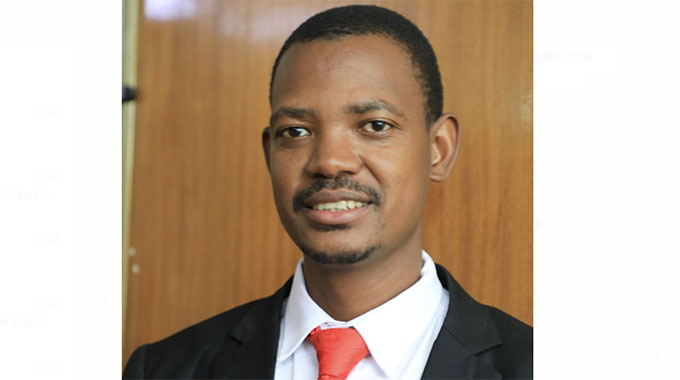
Business Reporter
THE Government has adjusted vehicle tolling and licensing fees keeping in line with the prevailing economic situation and to ensure that the Zimbabwe National Road Administration (zinara) adequately supports road authorities with meaningful disbursements for road development and rehabilitation.
The new tariffs contained in the latest Government Gazette are with effect from today.
According to the new tariffs, tolling fees for light motor vehicles that fall under class one will now pay $120 up from $45 and class two vehicles will now pay $180 reviewed from $80.
Buses, which are class three vehicles, are now paying $240 up from $90.
Heavy vehicles (class four) that were paying $115 are now required to pay $300 while haulage trucks (class five) now pay $590 up from $225.
Class seven, which is the residential discount for people living near a tollgate and who frequently pass through the facility, is now $600 up from $250.
Vehicle licensing has been adjusted from $750 to $1 800 for light motor vehicles and vehicles with a net mass of 10 750kg and above will now have to pay $30 000 up from $11,250.
zinara public relations and marketing manager, Mr Tendai Mugabe, said the adjustment of the tariffs was aimed at supporting road authorities for them to execute the duties diligently.
“This adjustment is meant to ensure that we make meaningful disbursements to our road authorities,” said Mr Mugabe.
“We believe that this will go a long way in improving our road infrastructure. We are approaching the rainy season a period where most of our roads get damaged in terms of erosion and potholes.
“This adjustment means that we will be ready to repair our roads at the shortest possible time.”
Mr Mugabe said the various road projects across the country attested to Zinara’s commitment to fund a road network that meets international standards.
“If you go to any district right now, there is a capital road project underway. Our desire and objective is to see a road network that helps Zimbabwe to meet the targets of Vision 2030.
“We want to see a road network that transforms Zimbabwe into a regional transport hub and this adjustment will go a long way in the realisation of this vision.”
Mr Mugabe said zinara was doing everything to ensure that public funds that it handled were not abused.
“We have plugged several leakages and recently we introduced a risk and loss control department in the organisation, which in our view is critical to our operations,” he said.
“We are enhancing our internal control systems and monitoring at tollgates as a way of fighting corruption.”
A well maintained national road infrastructure facilitates trade leading to economic improvement of most Zimbabweans including those living in rural areas.
Through zinara, the Government has been able to rehabilitate thousands of kilometres of road networks both in rural and urban areas countrywide.
